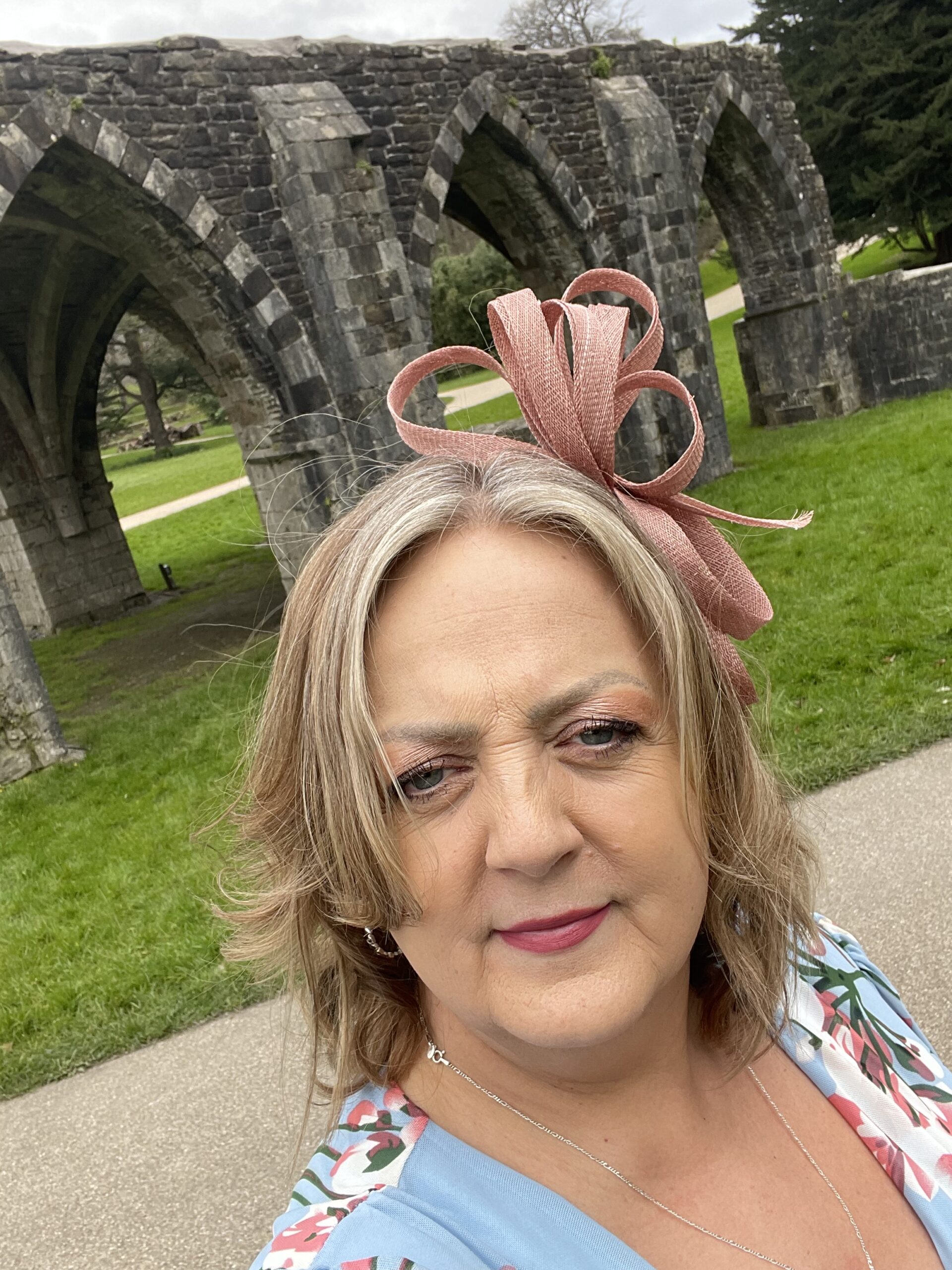
Stage 4 shouldn’t be a label that says “treat differently”
After living with Metastatic Breast Cancer for over 3 years, I am very familiar with the terms and definitions surrounding us.
Stage 4, Secondary, Metastatic, Incurable, Palliative.
Indeed, I often use these terms myself when in conversations with friends, family, colleagues and health care professionals, and will use whichever descriptor I think will be accepted and understood at the given time.
I don’t have a problem with that, we are after all stage 4, secondary, metastatic and incurable.
I do have a problem with these terms being used as a label, particularly with health care professionals, GPs and non-cancer medical care, even oncologists.
It’s something that I know many of my Metastatic Breast Cancer friends and virtual friends out there have experienced and to a greater degree than me, with greater consequences, and after working in the NHS for 26 years, this makes me sad.
The ignorance and lack of education and awareness within healthcare around MBC and its treatments (or any stage 4 in fact) is unbelievable and more importantly unacceptable.
Some of you who follow my cancer journey @secondarychance will probably know the story of my fractured ankle back in May 2022.
A simple fall in the garden resulted in a horrendous fractured dislocated ankle that needed several hospital admissions, two surgeries to plate my joint back together and months of follow-up care.
It wasn’t cancer related. I was just unlucky, and I still struggle with it 2 years on, but the point is… I was given a LABEL. I was given the STAGE 4 LABEL.
I was written off as someone who obviously didn’t have a great quality of life, someone who wouldn’t really benefit from the complex surgical procedures that were originally planned, someone who didn’t really need to get her mobility back.
Initially, it was a chain of events that sounded reasonable ….
It was spring bank holiday.
The swelling was too severe.
It needed a CT to assess the fracture and plan surgery.
The injury was complex so needed a foot and ankle specialist.
The specialist foot and ankle surgeon was on holidays.
The excuses went on.
But during those few weeks, when decisions were being stalled – alarm bells began to ring for me. At first, I thought I was being paranoid, but I had plenty of time to process the conversations during treatment, admissions and surgeries and I began to realise that because I had been labelled, the surgery that would ultimately stabilise the fracture and improve my mobility, was being questioned.
What’s your prognosis?
Is your treatment working?
Do you need any care at home?
Are you still working?
Can you walk now?
Can you drive now?
What can you do at home for yourself?
Do you have plans for the future?
What’s your quality of life like?
The more I thought about these questions, the more obvious it became.
Did my orthopaedic team think it was worth the effort? Probably not.
And so, I challenged them. Advocating for myself.
Would my treatment, planned surgeries and delays be any different if I didn’t have the STAGE 4 LABEL?
And that’s when the conversations started turning around.
You look well.
You were obviously very independent before the accident.
You were obviously very mobile.
You obviously have a good quality of life.
You’ve obviously got a good support network around you.
You sound very positive about your diagnosis.
And the planned surgeries eventually happened.
Just because I’m stage 4 doesn’t mean that….
I should be treated any differently when in front of a medical professional.
It doesn’t mean that I can be written off.
It doesn’t mean that I should have less opportunity for treatments.
It doesn’t mean that I am not worth the NHS budget or NHS time.
It doesn’t mean that my life is any less precious.
31 patients die in the UK every single day because there is no cure for MBC, and one day I will be one of those 31, but it’s also true that hundreds of us are desperately trying to live with MBC every single day.
Statistics are out-of-date and there are some amazing treatments out there that are prolonging our lives beyond expectations and allowing us precious time.
SO, when being treated for a cancer -related or non-related illness, injury or condition, we shouldn’t be defined by our stage 4 status, we shouldn’t be given a label, and it shouldn’t be assumed that we have a short life expectancy.
Stage 4 will not define us.
Who Really Cares?
Sue Thomas
Facebook @Sue Thomas
Instagram @secondarychance
Twitter @suescan1964
